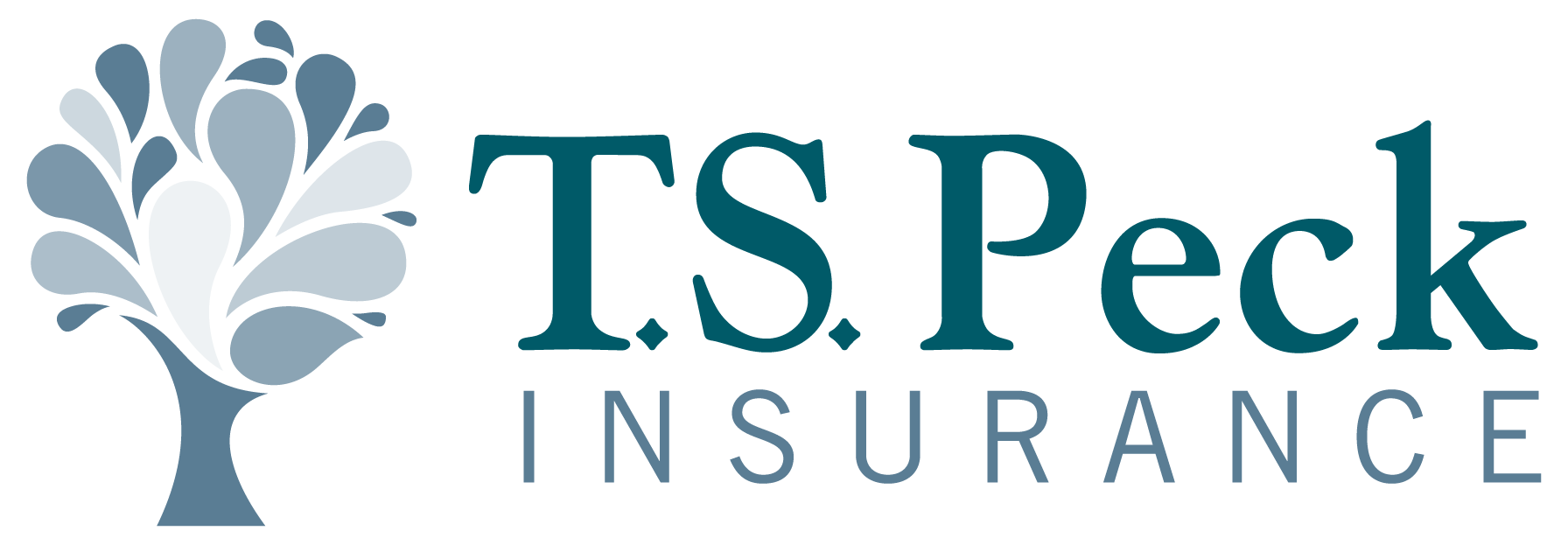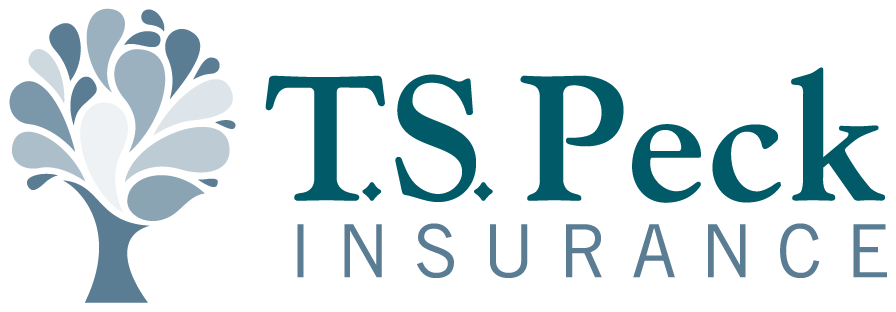When purchasing insurance for a residential building, it’s important to get the right type of coverage. It’s also something to consider when you’re in the process of converting your home into a rental property. If you don’t, you may one day find that your building wasn’t as well protected as you thought. If you’re getting a place in Waitsfield, Vermont, you’ll probably want either a homeowners insurance policy or a landlord insurance policy. Here’s a look at these two types of insurance.

Should You Insure Your Waitsfield, VT Residents with Homeowners or Landlord Insurance?
Both Usually Include Coverage Against Structural Damage
Both homeowners and landlord insurance are designed to protect at least the primary structure on a property. The amount of coverage provided varies from policy to policy, but you should be able to find both homeowners and landlord policies available in Waitsfield that provide:
- Fair market value or replacement cost coverage for a primary residence on a property
- Coverage for additional structures, such as sheds and gazebos, on a property
- Coverage against common perils, such as fire, vandalism and hail
- Additional coverage options that let you customize your policy to your needs
Both Insurances Typically Include Liability Coverage
Both homeowners and landlord policies also offer personal liability coverage. This coverage can protect you if you’re ever sued for a covered claim. Structural coverage, liability coverage limits, terms and conditions vary among policies, but the coverage is included in many homeowners and landlord policies.
Landlord Insurance Sometimes Includes Lost Income Coverage
Landlord policies sometimes include lost income coverage. If something happens to a rental unit you own that prevents you from renting it for an extended period of time, this coverage might qualify you for monthly financial payments that can help make up for the lost rental income.
Homeowners insurance typically doesn’t include lost income coverage. Most homeowners don’t need their homeowners policy to include this coverage, because they don’t rely on rental income from renting out their primary residence. Homeowners that do rent out part of the home they live in might need to add a rider onto their homeowners policy so they can qualify for this kind of coverage.
Homeowners Insurance Typically Includes Personal Property Coverage
Almost all homeowners policies include personal property coverage. What precisely is included in a policy’s personal property coverage will depend on the policy’s terms and conditions. This coverage generally includes protection for the personal belongings, which might include everything from a stereo and computer to sheets and pillows, in a home.
Since landlords don’t usually keep personal belongings in the buildings they rent, they usually don’t need this coverage in landlord policies. The personal property in a rental unit usually belongs to the tenant, and it’s their responsibility to insure their belongings with a renters insurance policy. It’s not the landlord’s responsibility to insure their tenant’s belongings.

Agents Serving Waitsfield Can Help You Understand Different Coverages
These are just the main coverages found in most homeowners and landlord insurance policies. The list hardly includes every coverage and nuance that you’ll potentially find in a particular policy’s paperwork. For more help understanding what coverages are available through homeowners and landlord policies, contact an insurance agent who offers both types of insurance to residents and landlords in Waitsfield. With their help, you’ll be able to determine exactly which coverages you need and find a policy that provides those coverages.

